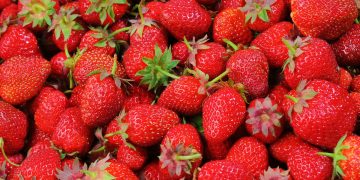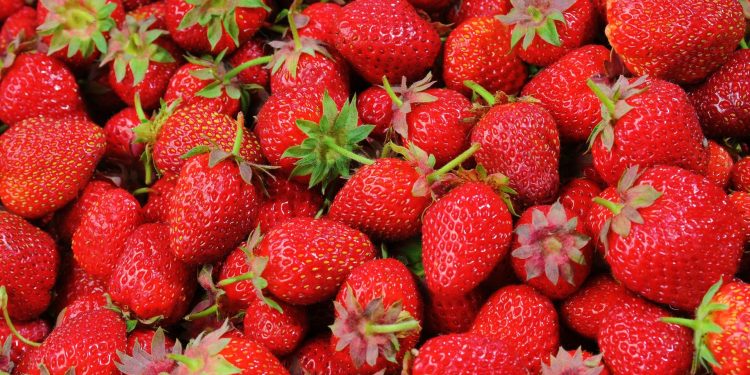#StrawberryControversy #Andalusia #WaterConsumption #EnvironmentalConcerns
The expansion of strawberry cultivation in Spain has ignited intense debates and raised environmental concerns. Despite warnings from environmentalists, the European Union, and UNESCO, the conservative government of Andalusia plans to increase the water-intensive strawberry farming by 800 hectares. This development poses a threat to the natural paradise in Spain and has triggered fierce disputes among stakeholders. The consequences of this decision could lead to the drying up of the UNESCO World Heritage site, Doñana, located in the southwestern region of the country.
The conservative region of Andalusia, governed by conservatives, announced its intention to expand the permitted area for water-intensive “royal fruit” cultivation by 800 hectares, in close proximity to the wetlands and the UNESCO World Heritage site of Doñana, which is at risk of drying up. Environmentalists, researchers, and international organizations like UNESCO have expressed alarm over this expansion, and the European Union has even threatened sanctions. The left-wing central government in Madrid has also joined the opposition, with Prime Minister Pedro Sanchez declaring, “Doñana will not be touched!”
The dispute between politicians in Madrid, Seville, and Brussels, as well as between environmentalists and farmers, escalated over the weekend. The Andalusian government hinted that Madrid might consider taking over the region’s administration, a move that has only happened once before in Spanish democracy when Catalonia sought independence at the end of 2017. Initially, this caused considerable uproar, but Pedro Fernandez, the representative of the Ministry of Interior in Seville, denied such plans. Nevertheless, Madrid does not intend to remain inactive and has already threatened to take the matter to the Constitutional Court.
The Doñana National Park, established in 1969, occupies approximately 122,000 hectares, including the nature reserve and a buffer zone, making it roughly half the size of Saarland. Groundwater levels have been sharply declining for many years, as complained by WWF and other environmental organizations, due to legal and illegal wells used for irrigating fruit and vegetable plantations and supporting tourism.
According to WWF, it takes around 300 liters of water to produce one kilogram of strawberries. This water is crucial for the survival of animals and plants. WWF has launched a petition against Andalusia’s plan, which has already garnered nearly 70,000 signatures.
Strawberry cultivation also contributes to water pollution through nitrates. The situation is becoming increasingly dramatic, according to Eloy Revilla, the head of the Doñana station. He stated to the digital newspaper “Público,” “We will be left without Doñana, as well as without agriculture and tourism.”
Spain faced serious criticism for neglecting one of the most important wetland areas on Earth as recently as 2021. The EU Court in Luxembourg accepted the Commission’s complaint and stated that Spain needs to make more efforts to protect this territory.
Agriculture as a major employer: However, there is a serious conflict of interest at play. Agriculture is a vital sector in the structurally weak province of Huelva in Andalusia. Strawberries play a significant role in this context. According to the Interfresa association, this fruit provided 100,000 jobs and accounted for nearly eight percent of the gross income of the entire Andalusia region in 2021. Out of the 360,000 tons produced in Spain in the same year, almost 324,000 tons came from Andalusia. Approximately one-third, 113,000 tons, were exported to Germany, the world’s largest buyer.
The solution to this problem remains elusive. In reality, as regional and local elections approach on May 28th and parliamentary elections later this year, strawberries threaten to become another serious issue of contention. Alberto Núñez Feijóo, the leader of the conservative opposition, accused Sanchez of ignoring the problems faced by farming families in Andalusia. He stated that Madrid aims to gain voter support from the conflict, adding, “Nobody believes that the government is genuinely interested in Doñana. It hasn’t cared about it for many years.”
The water marshes along the Costa de la Luz, along the Guadalquivir River, visited by the former Chancellor of Germany, Angela Merkel, in 2018 at Sanchez’s invitation, boast unique ecological diversity. The area is home to a rich fauna and flora, including endangered species such as the Spanish Imperial Eagle, the Iberian Lynx, and the Mauritanian tortoise, as well as shifting sand dunes, endless beaches, forests, shrublands, and wetlands.































